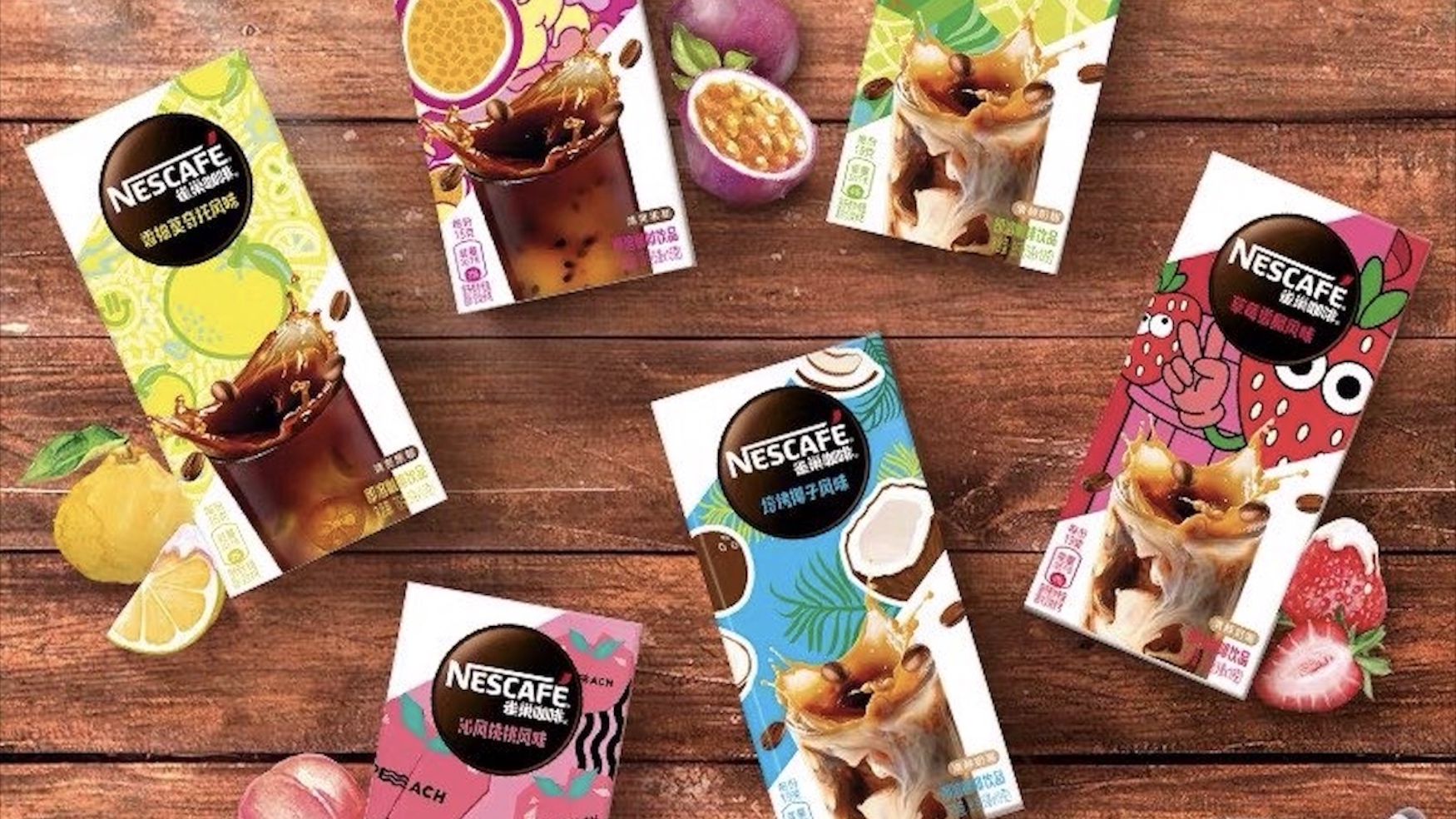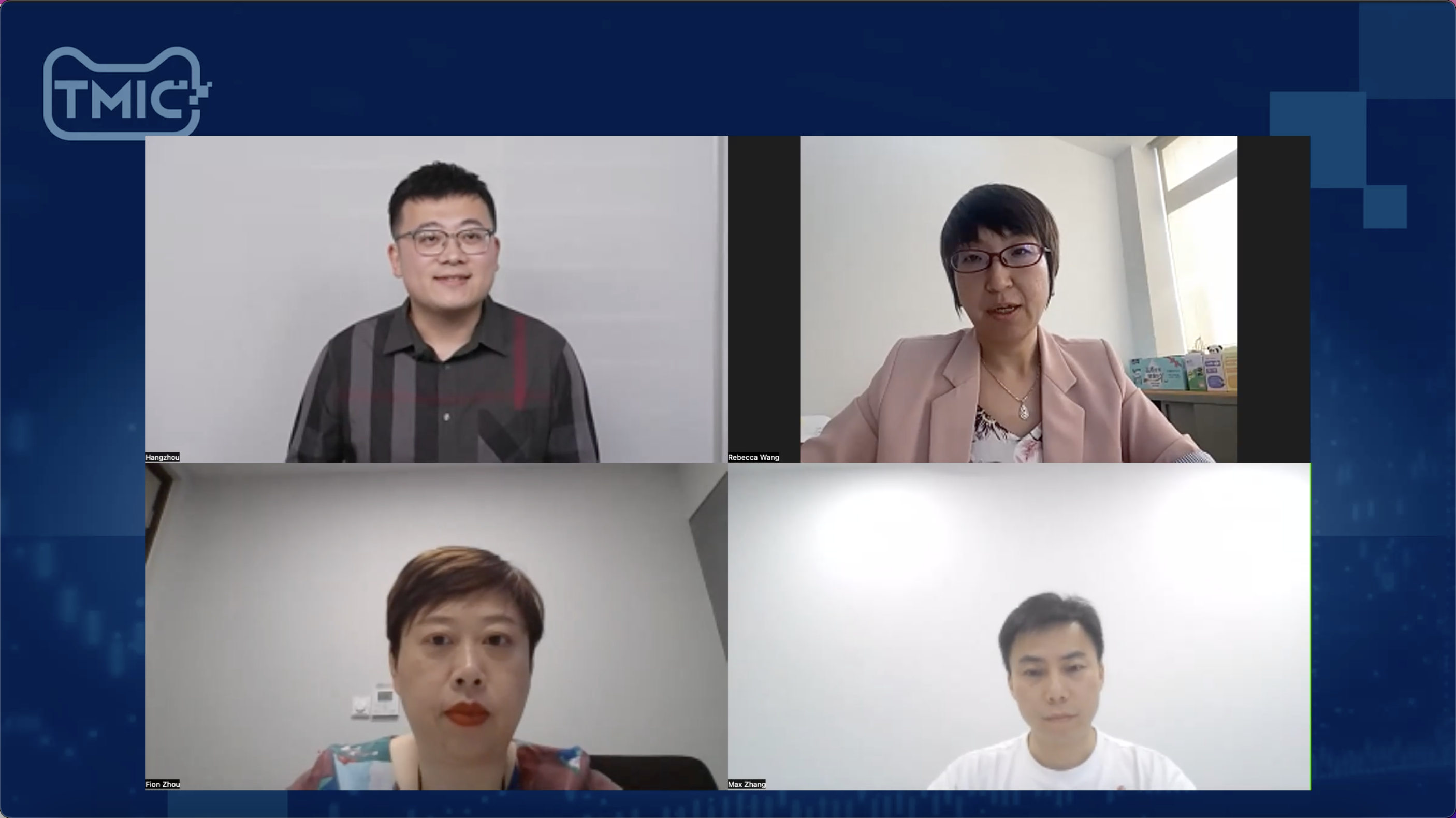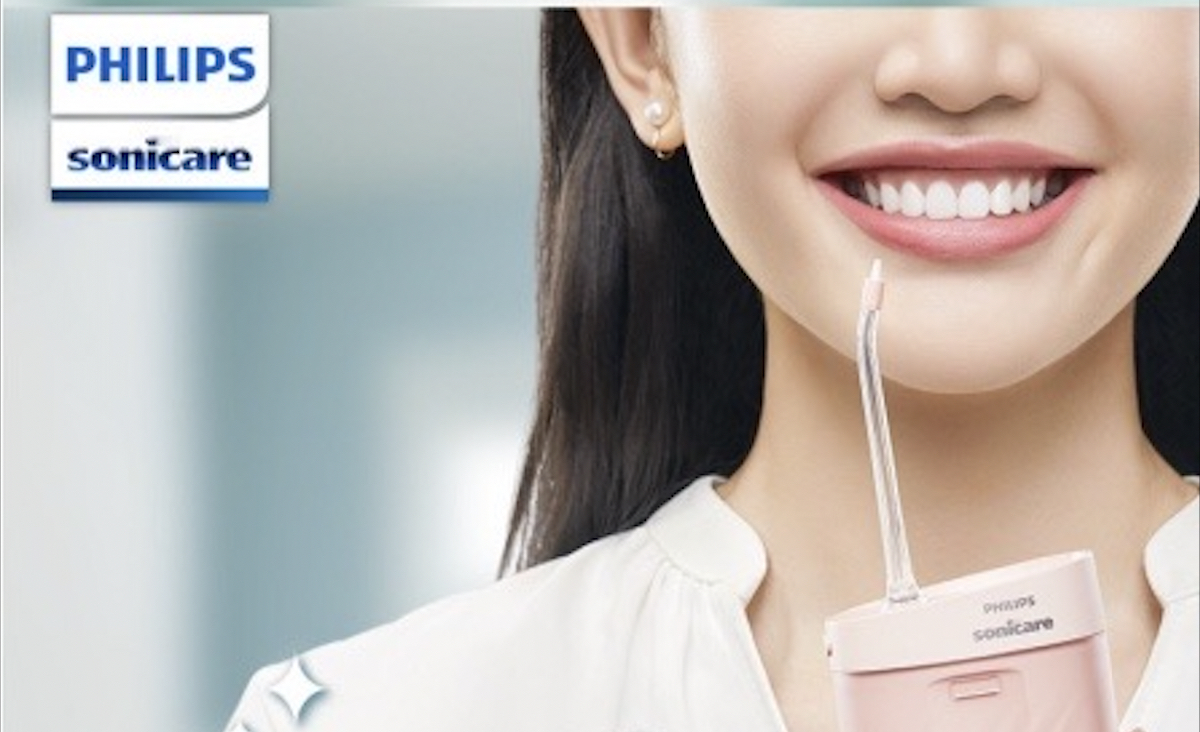
Nestlé has created fruit-flavored coffee for China market. Photo Credit: Alibaba Group
European brands’ efforts to foster product innovation in China through investment in laboratories and local partnerships is paying off as they open up new product categories and reinvigorate research & development, retail executives said.
Multinationals such as Nestlé, Nivea and Philips said they are expanding their retail research laboratories in China as new ways of testing and learning in the world’s largest consumer market is breeding product winners in multiple markets.
Digitally-savvy Chinese consumers willing to embrace new products and trends have made the market a hotbed for innovation.
The country’s digital economy has developed rapidly in recent years, reaching RMB45 trillion in value ($6.71 billion) and accounting for about 40% of China’s total GDP.
Alibaba Group, the operator of digital marketplaces Taobao and Tmall in China, is collaborating with merchants worldwide to speed up their innovation cycle. In the 12 months ended March 31, about 2,000 brands used the Tmall Innovation Center (TMIC) to incubate nearly 4,500 new products.
It can take merchants roughly 12 to 18 months to launch products from scratch. Working with TMIC has helped shorten inncubation to 3 to 6 months.
Germany’s Nivea developed a product line specifically for stressed male skin in partnership with TMIC after identifying a need among men who were staying up late at night and seeing their complexion suffer as a result.



After meeting with success among tired Chinese men, the product is steadily gaining traction in other Asian markets such as Korea.
“This is just the start and I believe there will be more exports of our innovations to European countries in the future,” Max Zhang, Head of Consumer Insight at Nivea in China said during a panel discussion among retail executives on Thursday.
Elsewhere, Dutch conglomerate Philips launched its Sonicare Portable Irrigator in China to wash between the teeth of white-collar urbanites. Its success caught the eye of Philips’ executives in the U.S. and Europe.
“The fast-growing development of such a new format and archetype in China offered new ideas for product innovation in developed markets,” said Fion Zhou, Business Marketing Leader of male grooming for Philips in China. “They also saw that this portable, on-the-go opportunity is a white space.”



Retail Labs
To build on their successes in China, several leading European brands said they are expanding their research and development capabilities in the world’s second-largest economy.
Nivea opened an innovation center in Shanghai in July 2020, its second-biggest globally after its headquarters in Hamburg. Nestlé, the planet’s largest food and beverage company, has operated in China for over 30 years and has set up eight R&D centers across the country.
“The Greater China zone is very important zone for Nestlé,” said Rebecca Wang, Head of Omni Grocery Retail and eBusiness at Nestlé China, based in Beijing.
Philips established an innovation center in Shenzhen, China in May to drive product innovation for the China market as well as global consumers.
Inspiration from China is even prompting some companies to re-engineer their whole R&D process to better use consumer insights after seeing how Big Data can speed up innovation and commercial success in China.
Foreign colleagues said “they would also try to think of any Big-Data tools that they can leverage in their own market or try to borrow some insights from the China market,” said Zhou.
For instance, TMIC helps brands predict future consumer trends based on real-time consumer behavior and insights from across the Alibaba ecosystem. Philips for one launched a shaver, its first-ever consumer-to-business product in collaboration with TMIC.
“We introduced the TMIC concept to our global leaders and I think they are actually trying to embed the overall TMIC concept into the whole end-to-end innovation development,” said Zhou.
Additional reporting by Yashan Zhao




